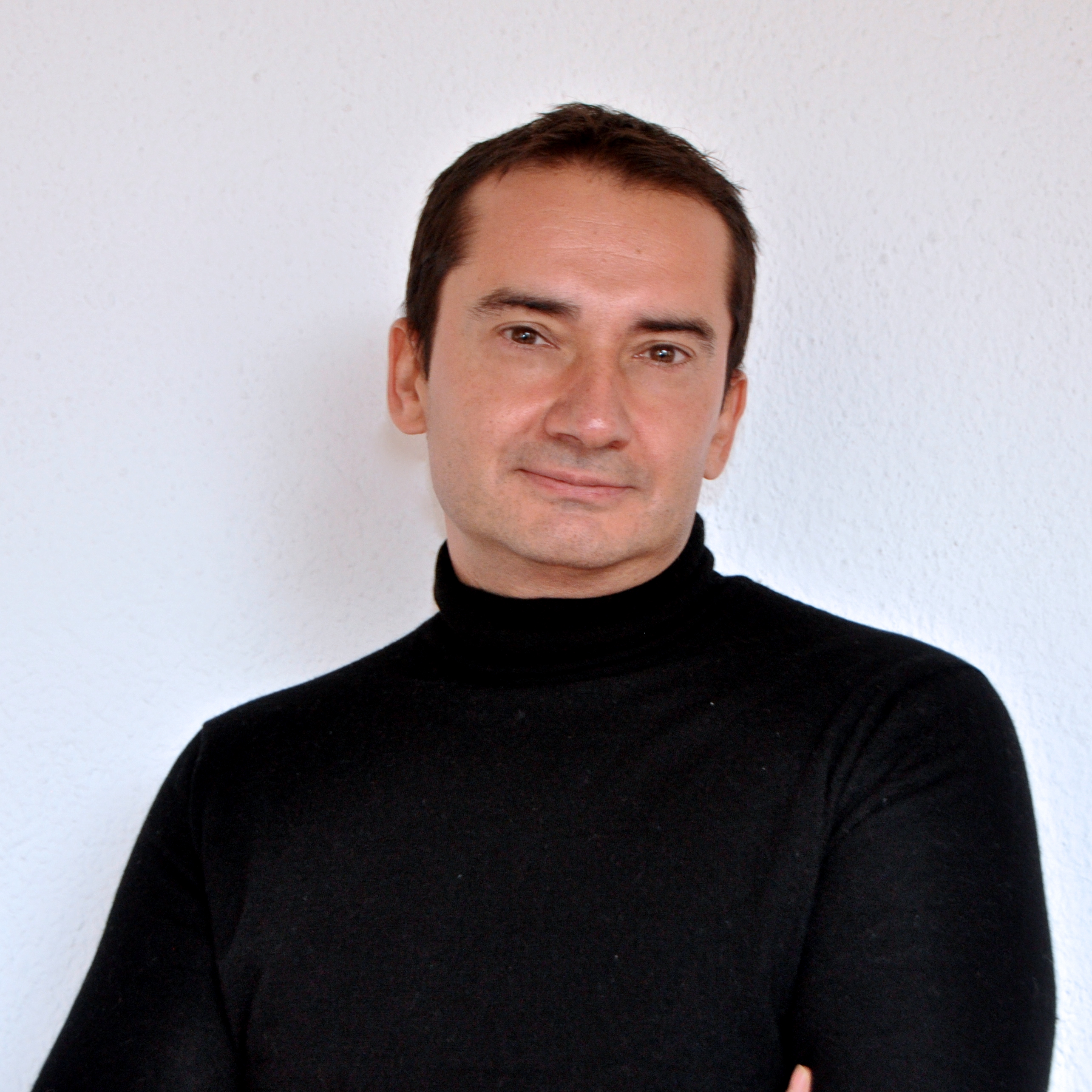It has recently been in the news that EEUU president Barack Obama called upon the nation to make computer science “a basic skill, right along with the three ‘Rs'”. This is not new and not more important because of Obama’s opinion, it is a real need for future generations of workers that should know, at least, the basic laws of a computer-based society and, without demerit to humanities or social sciences, trying to reduce the current gap with STEM (Science, Technology, Engineering and Mathematics) careers.Several countries have usually adopted several priorities for developing ICT competences from kindergarten to secondary education. Most of them are focused on the development of key competences and/or coding skills. Although coding may be very attractive for young students and a very good practice or experience, it could be more interesting to develop students’ logical thinking skills and problem-solving skills throughout programming approaches or computational thinking.
This is a very exciting challenge with lots of possibilities regarding coding, robots, mobiles devices, Arduino-based application, game-based learning and so on. Thus it is very important discuss the experiences that are being developed worldwide in specialized for a with researchers that are working on this field, such as for example European Union TACCLE3 coding project.
This track is devoted to identify, share and valorize best practices and experiences (including technological and methodological issues) that focused on the development of computational thinking and related skills in any level of pre-university education.
Topics
The main topics regarding this track are related but not limited to the following ones:
- Computational thinking
- Coding in schools
- Computational thinking skills and curriculum
- Programming robots
- Controlling things
- Using logic
- Coding skills throughout games
Sessions: Presentation
Session will be organized in thematic threads. Each thread will be presented as an interactive panel in which the participants will have about 10-12 minutes following a debate about it.
Submission
Submission dates: July 12th, 2017.
Submission format: http://2017.teemconference.eu/submission/
Submissions must be done through the EasyChair platform: https://easychair.org/conferences/?conf=teem2017.
Track Scientific Committee
- Francisco José García Peñalvo (University of Salamanca, Spain) – Chair
- Alicia García-Holgado (University of Salamanca, Spain)
- Marc Alier (Barcelona Tech, Spain)
- Miguel Ángel Conde-González (University of León, Spain)
- Juan Cruz-Benito (University of Salamanca, Spain)
- Antonio M. Seoane Pardo (University of Salamanca, Spain)
- Jenny Hughes (Pontydysgu, Welsh educational research institute, UK)
- Angela Rees (Pontydysgu, Welsh educational research institute, UK)
- Ilkka Jormanainen (School of Computing, University of Eastern Finland, Finland)
- Tapani Toivonen (School of Computing, University of Eastern Finland, Finland)
- Daniela Reimann (Karlsruhe Institute of Technology KIT, Germany)
- Maire Tuul (Institute of Educational Sciences. Tallinn University, Estonia)
- Marjo Virnes (Aalto University, Finland)
- Jens Vermeersch (GO! Onderwijs van de Vlaamse Gemeenschap, Belgium)
- Koen DePryck (Vrije Universiteit Brussel, Belgium)
Chairs

Dr. Francisco José García Peñalvo
GRIAL (IUCE)
Universidad de Salamanca
Plaza de los Caídos s/n
Salamanca 37008
Spain
 (+34) 923 294400 (ext. 1302)
(+34) 923 294400 (ext. 1302)
 fgarcia@usal.es
fgarcia@usal.es
